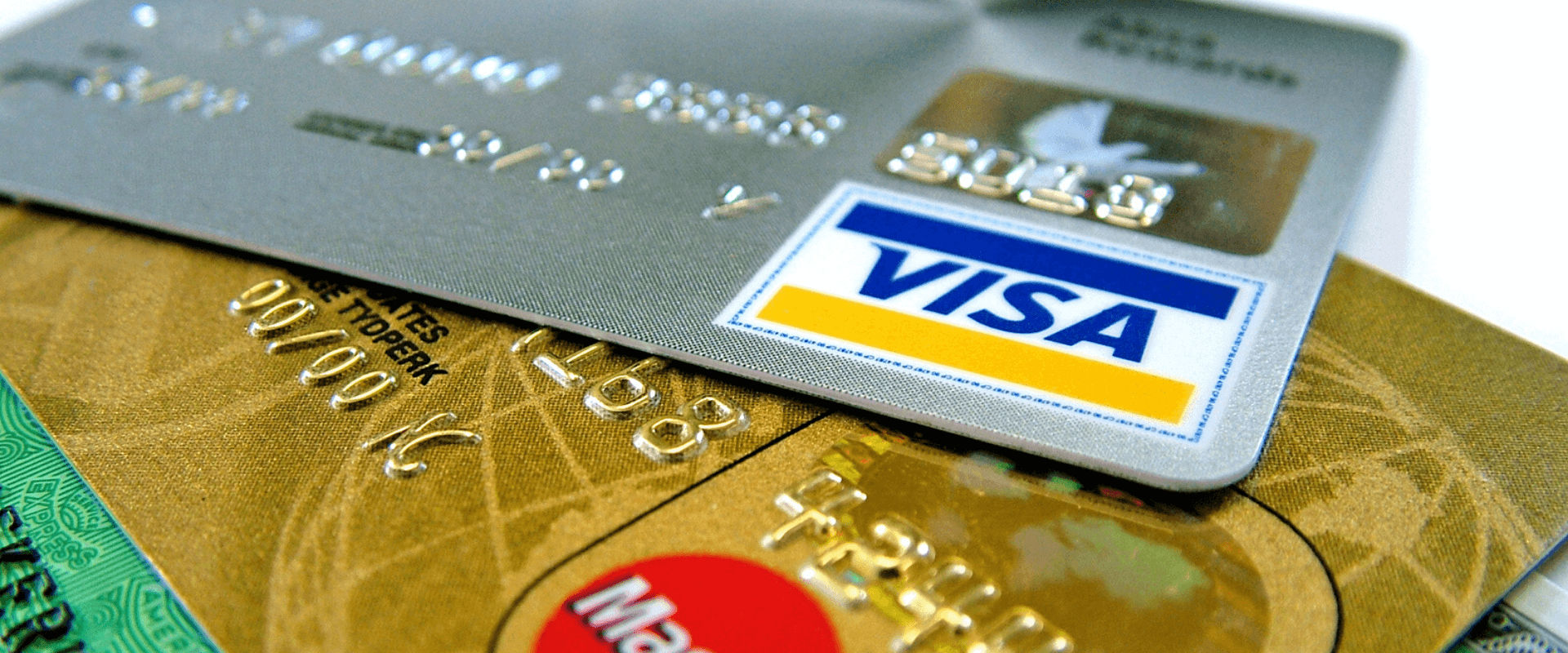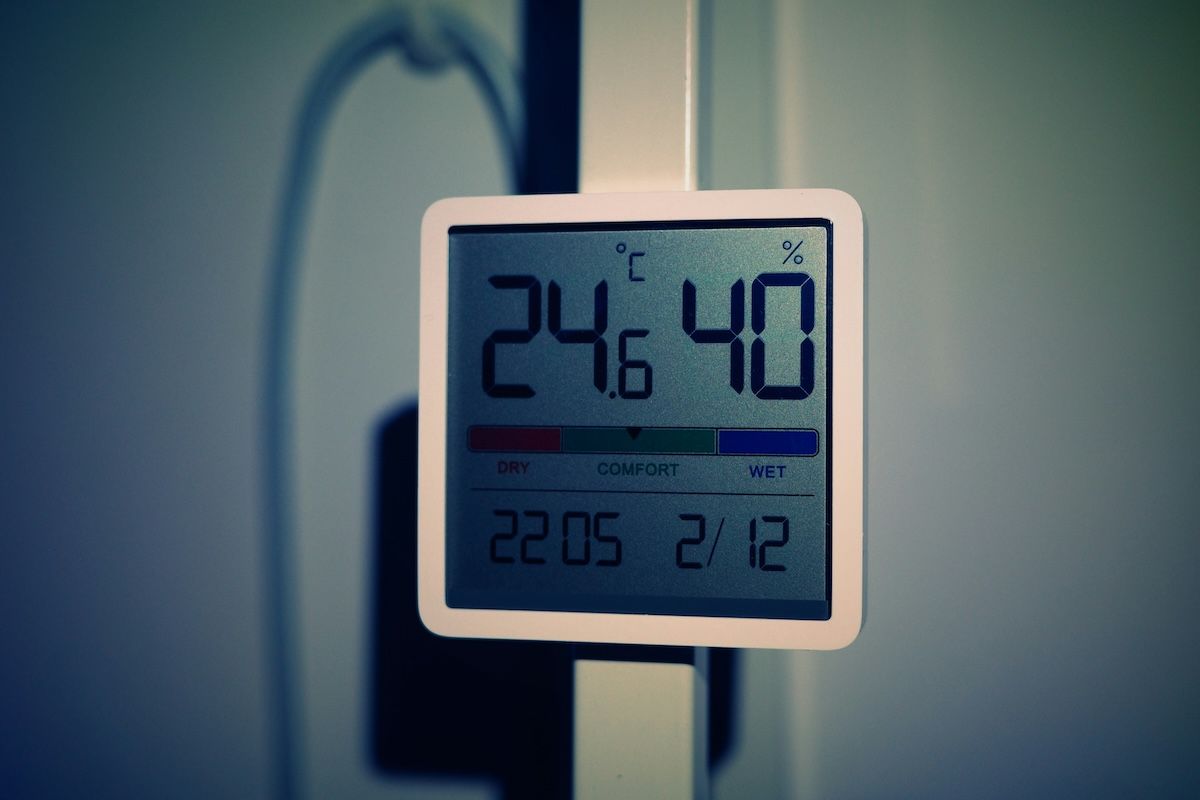How to Improve Your Credit Score Before Buying a House
Click here to browse our Real Estate Agent Directory and contact top-rated agents in your area!

Most people have an idea of what they want in a dream house. Unfortunately, they are not always easy to get. Having bad credit can do more than make the buying process difficult. It can bring it to a screeching halt. If you are one of the many people with bad credit scores, you’ll likely be looking for the quickest way to fix your credit score.
So if you are one of the many people that don’t have good credit, you’re probably looking for some ways to boost your credit score before you buy a house.
A higher credit score will be your greatest ally in getting you a reasonable mortgage. So if you are shopping around for a mortgage, it’s better to try and raise your credit score as fast as possible. Here are some steps that can help you improve your credit score to buy a house!
What is Credit?
Credit, in this case, refers to a lender borrowing money and repaying the debt with interest. The most common way to build up credit is through a credit card. With a credit card, you are spending the money of the lender and you are to pay the money back on time. Otherwise, the interest increases, and your credit score will lower.
What is a Credit Score?
A credit score is a number to determine a person’s creditworthiness between 300 and 850. It is based on credit history, payment history, level of debt, and more. You’ll want a score of at least 700 to have good odds of buying a house with an affordable mortgage rate. Your credit score is imperative to buying a house.
Some services claim to improve my credit score fast or even boost credit score in 24 hours. Be sure to look into these recommendations before doing anything, as such a quick fix isn’t often long-lasting.
>>MORE: How to Buy a House Before Selling Your Current House
1. Have a Positive Payment History
Payment history is usually the largest factor contributing to your credit score and can also mean a credit limit increase. It makes up 35% of your FICO score, which most lenders will probably refer to. If you have a clean payment history then your credit score can really benefit from that.
Unfortunately, late payments to a credit card issuer stay on your FICO scores for up to seven years. This may seem like a lot, but you don’t have to wait seven years to improve your credit score.
If you have missed payments in your credit card account in the past, you can change this trend immediately and start paying off on time. Eventually, this will reflect heavily on your credit score.
An ideal solution to that is to put all your regular payments, like your utility bills, on automated monthly payments. You won’t have to keep continuous track and miss any because of human error, and they won’t be late.
>>MORE: Everything You Need to Know About FHA Loans
2. Pay Down and Manage Your Debt
The next significant chunk of your credit score is your debt. It makes up for 30% of the FICO score. The easiest and fastest way to fix it is to pay your credit card debts off in a timely manner.
An even better approach will be to pay off your credit card as soon as they are charged.
If your data is pulled mid-month, the current debt might push down your score a bit. It’s useful to note that credit reporting agencies don’t have access to your income information. So they use your credit utilization to figure out your debt-related score.
Simply put, if your credit limit is $20,000 and your balance is $5000 that makes your utilization ratio at 25%, which is good enough. People with the most stellar credit scorers usually have a utilization ratio of around 10%.
It might be better to try and have fewer expenses in total if possible. Unsubscribe from services and apps that you don’t use, but charge monthly.
>>MORE: First Time Home Buying Tips
3. Manage Your Credit Cards Wisely
A big mistake that some people make is shutting down their credit cards to raise their credit score fast. This can actually lower your score because when a credit card shuts down, it takes its history and credit limit with it.
Keep your credit cards in circulation, and use them. You should use them less frequently and pay them off as soon as possible.
Small subscriptions like Netflix that are automatically deducted from your credit card can be best for that. They will keep your credit card effectively running and help you build good credit. It is a bad idea to apply to increase your credit limit while your credit is not at your goal.
If your credit is low, applying for a new credit card can invoke a “hard inquiry”. This lowers your credit score further and stays for two years.
>>MORE: What’s the Difference Between Pre-Qualified, Pre-Approval, and Approved?
4. Challenge Discrepancies that Affect Your Credit to Buy a House
This should be one of the first things you do when attempting to fix your credit. Credit reporting companies and credit bureaus are liable to give you one free credit report a year, a detailed breakdown of your credit history.
By checking out this report, it can help you spot the areas bringing down your credit score. You can work on those factors to achieve a higher credit score.
According to an FTC study, one in four credit reports had errors with a noticeable impact on the credit score. No matter the mistake on the report, you can challenge them.
Challenging credit discrepancies also works for removing late payments from your credit score.
People managed a jump up more than 80 points in their credit score, in a single month due to them disputing late payment discrepancies with their credit reporters. It also works with any score drop you incurred because of hard inquiries from applying for credit cards.
>>MORE: How Do You Get Preapproved for a Home Loan?
5. Pay Collection Agencies
This is a bit of a legal and ethical grey area. If some of your debt has been transferred to collection agencies, you can contact them about the full payment and removal of that debt, but that doesn’t frequently happen.
This is because the agencies are expected to report the accurate financial histories of the debts they are managing. If the debt cannot be removed from your credit history, paying them once in full won’t help your credit score.
In this case, you can work out a schedule with your collection agency. Paying collection agencies helps improve your credit score.
6. Become an Authorized User
This works wonders for people with no or very little credit history. While it is only marginally successful for people with bad credit trying to get a higher credit score.
If you have a family member or friend with a good credit history, you can try becoming an authorized user of their credit cards. Even if you don’t use the card at all, it helps give your credit score a boost.
Association with a strong account with a good credit score also gives your credit a bit more credibility.
>>MORE: Know the Answers to Important Mortgage Questions
You Can Boost Your Credit to Buy a House
With some financial discipline and using these tips, you can effectively increase your credit score.
It may not be instant, but you might see an improvement in two to three months with proper management. When your goal is to build your score, time is on your side. The more you do to improve your credit, the more time it can take. That is why when you research fixing a credit score, boost my credit score, and build my credit fast, start early before house hunting.
Any extra amount you spend when going for fast credit repair for a mortgage will be worth it. With a better credit score, you might be able to qualify for a decent mortgage. It will also save you from some added insurance expenses when you are qualifying for a mortgage. In the long run, you will be able to save much more when you have a higher credit score.
After you’ve taken these steps to increase your increased credit and you are ready to buy a home, contact one of our agents to get that process started. We can help you through the buying process and get you the home of your dreams.





